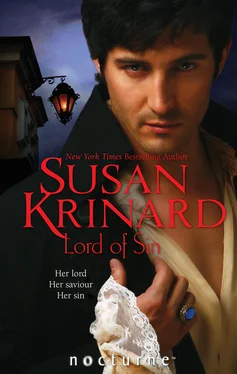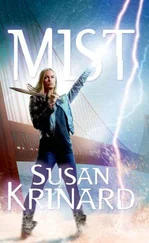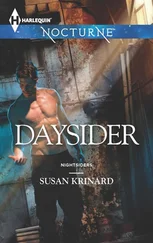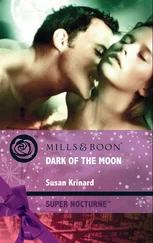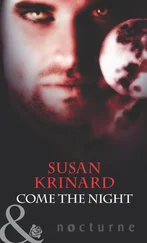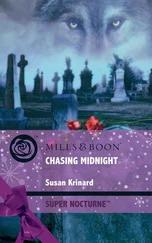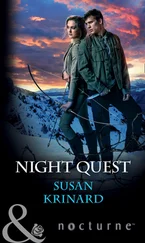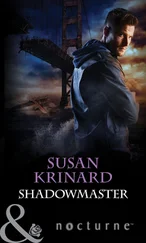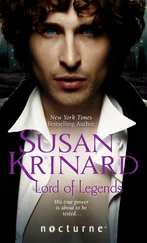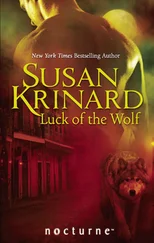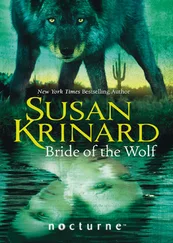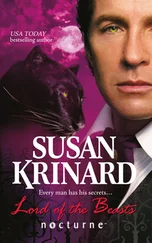Deborah must have felt many terrible emotions in the face of what she saw, but she gave no sign other than a slight quiver of her chin. A tiny girl in a badly torn dress crept up to her and grasped her skirts. Deborah almost stopped, reaching for her purse before she remembered the rules.
No money; that had been part of the agreement. Once coin was produced and given, the lost souls of Whitechapel would see not benefactors but fleeting salvation that must be obtained at any price. They were not evil, these people; Nuala had known hundreds, even thousands like them. They no longer had the luxury of gentleness.
She took Deborah’s arm, and the three of them picked up their pace. They made a final turn into a noisome alley. A crowd of men, women and children waited at the empty doorway of an abandoned building; more followed Frances, Nuala and Deborah until the alley was nearly full.
Without a word, Frances pushed past the men blocking the doorway. They stood aside for Nuala, Deborah, Jacques and Harold to enter, as well. The room was barren and far from pristine, in spite of Frances’s diligent scrubbing, but there were a few cots along the wall, left intact against all expectations, as well as several chairs and a rickety table.
Nuala set her hampers down, and Deborah dropped her bag on the nearest cot. Harold and Jacques faced the door, their arms folded across their chests.
Frances laid a clean cloth over the table and began setting out the bandages and medical supplies.
“Now,” she said briskly, “we will begin with the food. There will always be men who attempt to force their way to the front, but they must be ignored despite any threats they may make. What we have is for the most needy, the women and children.”
Deborah swallowed. “Have you ever been attacked?”
“Even the men have respect for courage and determination,” Frances said. “And Harold is quite strong…is he not, Nuala?”
Harold quickly hid a grimace. Nuala prayed that he and Jacques would be willing to continue the work…and that meant there must be no trouble.
She rearranged the food in her hamper and took it to the door. There was a rush as the hungry and destitute fought to be first.
Nuala raised her hand. “If there are any orphaned children, let them come in.”
Grumbling followed her announcement, as well as several curses. But after a moment a half dozen children appeared and crept inside like the most timid of mice, their eyes far too large for their grimy faces.
Nuala removed wrapped slices of bread, cheese and spring fruit from the hamper and gave packets to each of the children in turn. Deborah urged the children toward the cots, where they tore at the food with their teeth. Deborah laid a doll on each girl’s cot.
The routine was always the same. Harold, Jacques and Nuala stood guard at the doorway as the women came forward with their children, hollow eyes brimming with hope. They received their packets according to the sizes of their families and scurried away before they could be robbed of their precious burdens. Even so, there was barely enough food for those who had come.
“Word is spreading,” Frances said in a low voice. “We must soon find men willing to deliver wagons of provisions.”
“We shall,” Nuala said. “There is much that men will risk for money.”
Frances cast her a grim sort of smile. “That is one thing we have in plenty.” She glanced at Deborah. “How much have you left?”
“Only a few slices of bread and a wedge of cheese,” the girl whispered. “It isn’t enough for all of them.”
Frances moved toward the door. “Gentlemen, we ask that you send forward any women and children who have not yet received their ration.”
Stony faces stared back at her. A man shoved his way to the fore, a thin fellow in a patched velvet coat. His surprisingly broad shoulders filled the door frame, and a permanent leer seemed etched into his cold, scarred features.
“Wot’s aw this?” he growled. “Haven’t enough fer aw o’ us, then?”
“You know we do not,” Frances answered, giving not an inch of ground. “We do what we can.”
“She does wot she can!” the man mocked, turning to face the remaining crowd. “If she wos doin’wot she can, she’d gi’us the clothes off ’er back, wou’n’t she?”
“That’s enough,” Harold said. “You’ve no right…”
“An’ who’re yer, then? One o’ them’s fancy boys?”
“It’s all right, Harold,” Nuala said. She joined Frances and looked from one hostile face to another. “We will be back again with more as soon as possible. Are there any among you who require medical treatment?”
“It’s our bellies needs fillin’!” the troublemaker shouted. But he was not supported by all the onlookers. Two men and a boy squeezed through to the door and hovered there, uncertain. Nuala put her hand on the boy’s shoulder.
“What hurts?” she asked simply.
The boy raised his arm, where a torn sleeve revealed an infected dog’s bite. Nuala cursed her lack of power to soothe his distress, but she comforted him as best she could. His fear somewhat relieved, the boy continued on to receive Frances’s ministrations.
The next was an elderly man complaining of pain in his joints. Nuala knew that there was little to be done for him, though once she might have eased his pain. Now all she could do was send him to stand and wait behind the boy.
The third was a lad in his early twenties, only a little older than Deborah…not tall, but wiry with muscle, his hair very black under his cap. As soon as he spoke, Nuala recognized him as a Welshman, an outsider among outsiders.
Tipping his cap, the young man held up his hand. Two fingers had been badly broken at some time in the recent past and had not been set.
“Can ye help, madam?” he asked in a soft-spoken voice.
Deborah came up behind Nuala and sucked in her breath. “It must hurt terribly,” she said.
The Welshman looked into her eyes. “Not so bad as all that, madam.”
“I’m certain that Lady Selfridge can assist you,” Nuala said, gesturing to Frances. “Please join the others.”
The young man did so, moving with a loose, upright stride in spite of his pain and poverty. Deborah stared after him.
“It doesn’t seem as if he belongs here,” Deborah said.
“He probably came to London from Wales, seeking a way out of the mines,” Nuala said quietly. “The city doesn’t always welcome those who are different.”
“If only there were more we could do,” Deborah murmured.
“Yes. Once we have the drivers and more volunteers, we—”
“Oy! Wot’s a wee gal loik yer doin’ ’ere, missy?”
The troublemaker had been ignored too long, and now he’d found fresh prey. Before Nuala could tell Deborah to ignore him, the young woman turned to face the man.
“If you are only here to cause trouble,” she said, “you should leave.”
The man burst out laughing, his spittle flying in Deborah’s face. “Quite th’ bold un, ain’cher?” He bent to peer more closely into Deborah’s eyes. “Yer looks roight familiar, a’ that. Sure yer ain’t never been spreadin’ yer legs fer them wot can pay?” He rubbed greasy fingers together. “I got a pence er two ter spare….”
“Enough.” The Welshman, his hazel eyes flashing, pushed his way between Deborah and the lout before Nuala could do so. “It’s all jaws ye are, Bray, and we’ve no desire to hear more of your foul talk.”
“An’wot’ll yer do abou’i’, wif yer crippled hand?”
“I’ve another,” the Welshman said, raising his left fist.
It almost seemed as if Bray would back down, but instead he reached into his frayed coat and withdrew a knife. He sliced the air in front of the Welshman’s face, then lunged toward the younger man’s injured hand. He withdrew the blade in a blur of motion, leaving a red line across the back of the Welshman’s knuckles.
Читать дальше
